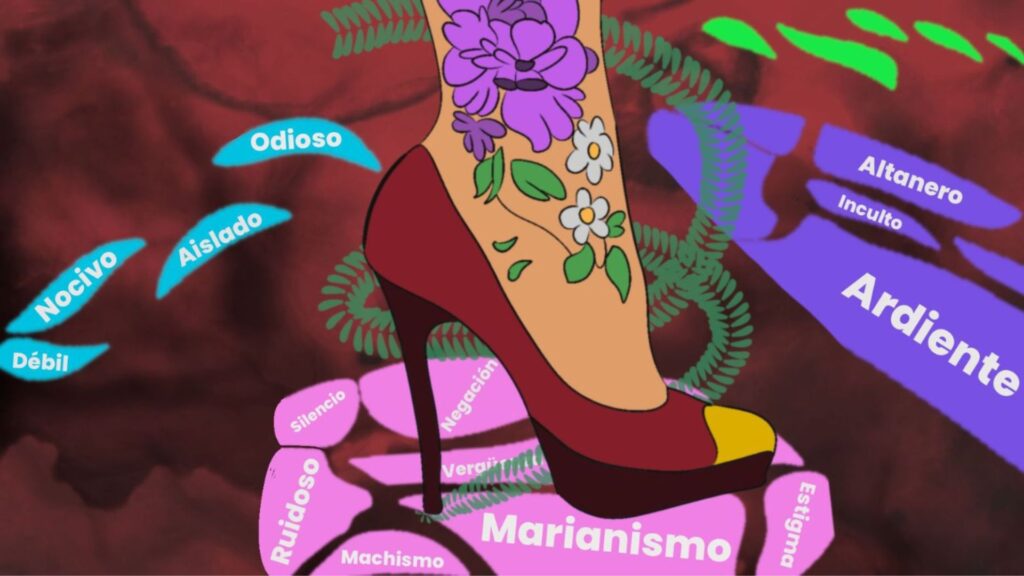Latinas Need To Break Gender Norms To Improve Their Mental Health
Mental health is a crucial aspect of well-being, yet in the Latin community, it’s frequently overlooked, especially in women.
Many Latinos, especially older folks, don’t recognize anxiety, depression and stress as genuine problems, or the severity of neglecting someone’s mental health.
This is concerning, particularly in today’s fast-paced society, where we are asked to perform and excel, sometimes without adequate support.
As a Latina woman, I’ve often felt the weight of cultural expectations, such as succeeding academically, on my shoulders.
From birth, many of us are raised to meet specific expectations that dictate our behavior, roles and aspirations.
This overwhelming pursuit of perfection leaves little-to-no room for individuality or self-exploration.
We grow up being conditioned that to be a good woman, you have to excel in school, cook well and take care of your husband.
This is the concept of marianismo, the idea that women should be selfless, sacrificial and conform to female gender roles.
Many of us watched our mothers, grandmothers and aunts embody the traits associated with this cultural stereotype while sacrificing their own dreams and well-being.
These role models, who are often applauded for their strength and resilience, unintentionally reinforced the belief that to be valued, we must prioritize family needs above our own ambitions and desires.
Marianismo creates a cycle where self-sacrifice is idealized, promoting feelings of guilt whenever we focus on ourselves or seek mental health counseling.
When we prioritize external validation over our own well-being, our mental health takes a backseat.
Witnessing the struggles of those we admire, yet feeling the weight of their expectations, complicates our understanding of what it means to be a Latina. Although family narratives can be powerful, they do not define us nor should they dictate our paths.
By challenging these stigmas and embracing our individuality and healing, we can pave the way for healthier relationships with ourselves and our families.
Together, we stand at the forefront of a transformative journey. By fostering open conversations and advocating for mental health, we create a culture where asking for help is not just accepted but celebrated.

